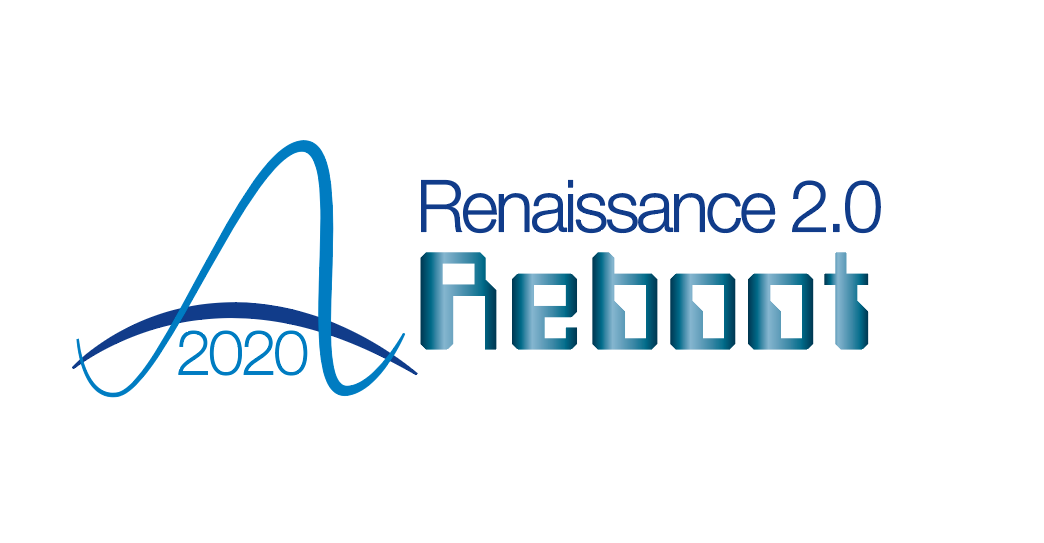Cognisance
16 July 2020

What is the role of leadership in modern governance? Is now the right time to think again?
At GGI, we believe that governance should not be a burdensome undertaking of systems and processes that need to be implemented, ‘work well’ and never spoken of again, but a live function that is constantly critically reviewed, re-imagined and improved.
The COVID-19 pandemic – and leadership responses to it – have revealed not just challenges, but opportunities. In previous bulletins, we have addressed the benefits of revisiting assurance structures (cutting back on assurance meetings and duplications of work) and reflected on the appetite we’ve noticed for doing something a bit more ambitious than merely returning to the old ways.
Time to reimagine
As we settle into the first post-COVID-19 phase, boards face a valuable opportunity to critically appraise and reimagine how the governance of their organisations and systems works.
There are multiple examples of this ethos already in place, such as the focus on outcomes bringing organisations together in new ways of working within integrated care systems, or adopting mechanised assurance systems, the pros and cons of which we discussed in a previous bulletin.
Embracing innovation or new ways of working is, of course, not without risk but it is in the gift of boards to do so. If COVID-19 has taught us anything, it is that we cannot plan for the future with any certainty, but we can choose to approach it with an open mind – and perhaps with an artistic mind too.
In her 2020 book Uncharted: How to map the future together, Margaret Heffernan writes: “Artists spend their lives in exploration, seeking change before they have to and embracing ambiguity for its richness and nuance. The survivors of existential crises have huge wisdom, won at high cost, about what we need in order to endure when the unexpected arrives. Just because we don't know the future doesn't mean that we are helpless; there's genius and creativity in preparation.”
The power of imagination
Human imagination is incredibly powerful. It enables us to create the world we want, not just tolerate the one we’re in. And it will be crucial in helping us not only to deliver services effectively in a changed world, but also, for example, to prevent the spread of COVID-19 in the communities we serve.
Strong leadership and clear strategic direction, communicated well, can foster buy-in and drive innovation. And it is much needed now, when there is a clear remit to prevent rather than cure. We have an opportunity to learn what worked during the peak crisis period of the pandemic and to think creatively about which of the changes we made can and should stick.
“This is the best reason to learn history: not in order to predict the future, but to free yourself of the past and imagine alternative destinies. Of course, this is not total freedom – we cannot avoid being shaped by the past. But some freedom is better than none.” Yuval Noah Harari (2015) Homo Deus: A Brief History of Tomorrow
#NHSreset
The pandemic has given us a clean slate to work with and an opportunity to reset rather than merely restore. In fact, there is an expectation to do so.
Imagine yourself as Michelangelo, staring at the ceiling of the Sistine Chapel. Will you choose simply to restore the cracks and paint it white, coming back to it every two years to repaint with a fresh coat? Or will you do what Michelangelo did, using innovations like plaster, mixing of paints and perspective and adding these to rediscovered classical knowledge to create what we now know to be the benchmark by which all ceilings are measured?
Board members should ask themselves: when our actions are viewed years from now, and the outcomes measured, will observers say we asked ourselves the right questions and took the most responsible actions?
Questions about risk and innovation
Our Good Governance Handbook includes a number of key assurance questions for boards. The coronavirus crisis presents us with an opportunity to consider these questions even more closely, for example in relation to our appetite for risk and closer working relationships between organisations, and to approach things more imaginatively.
Here are a few additional questions for boards to consider:
1. What do we know, now, that we can do better?
2. Can we find more imaginative ways of working together – ‘by design’?
3. How can we best use this opportunity in the time we have available?
4. How are we going to manage inherent risks as part of the process?
5. How can we speed up innovation at a time when collecting evidence without taking action, is irresponsible?
6. Is our ‘re-set’ plan a genuine re-thinking, rather than just about recovery?
If you’re interested in discussing any of the points raised in this bulletin, please call us on 07732 681120 or email advice@good-governance.org.uk.
Register to our Festival of Governance 2020: Renaissance 2.0 the reboot, it’s time to think again by emailing: events@good-gocernance.co.uk or following the link: https://www.festivalofgovernance.org/
Laura Botea
Director of Corporate Affairs

